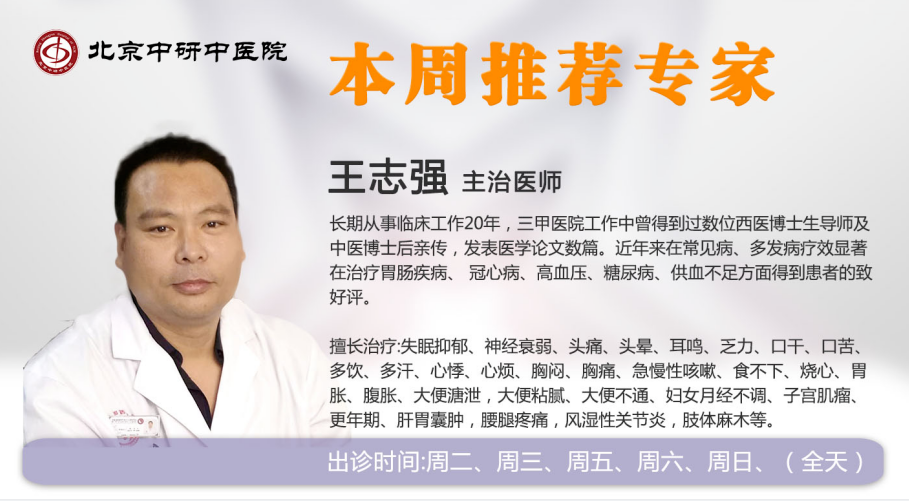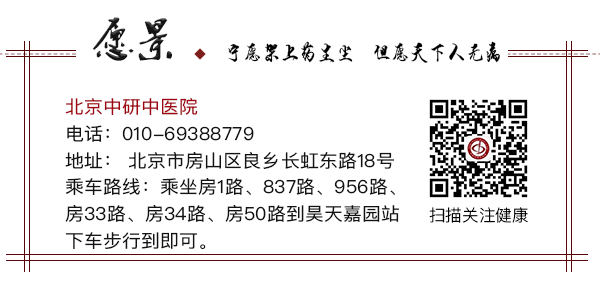 Professor Han Xuejie’s Selected Book on Beauty and Health for Women (1):
Professor Han Xuejie’s Selected Book on Beauty and Health for Women (1):
Yin Deficiency and Fluid Deficiency, Qi Stagnation and Blood Stasis are the Sources of Various Illnesses
Traditional Chinese Medicine (TCM) believes that the imbalance of Qi and Blood is one of the important causes of gynecological diseases. Women rely on Blood because physiological activities such as menstruation, pregnancy, childbirth, and lactation depend on Yin Blood. If there are pathological conditions in the body or long-term irregular diet leading to Yin Deficiency and Fluid Deficiency, as well as Qi Stagnation and Blood Stasis, it will not only disrupt the functions of the organs and the balance of Qi and Blood but also indirectly or directly affect the Chong (冲) and Ren (任) meridians and the uterus, resulting in various diseases.
Because Yin and Blood can transform into each other, Yin Deficiency and Fluid Deficiency can indirectly lead to Blood Deficiency, and Yin Deficiency can also generate internal heat, thus causing an imbalance of Qi and Blood.
What are the manifestations of long-term Yin Deficiency?
For example, many female friends commonly experience afternoon heat, night sweats, and thirst. These individuals often do not drink much water and have poor sleep, and may experience symptoms such as early menstruation with scanty flow, prolonged menstrual periods, and continuous bleeding. These symptoms are often external manifestations of Yin Deficiency and internal heat.

Image from the internet
We often mention Qi Stagnation and Blood Stasis, which conveys the causal relationship between Qi Stagnation and Blood Stasis. Qi can move Blood; if Qi is stagnant, then Blood cannot flow, and if this develops to a certain extent, Blood Stasis will occur. Qi Stagnation is the cause, and Blood Stasis is the result.
What impact does Qi Stagnation and Blood Stasis have on us?
Qi Stagnation can cause chest and rib pain, poor digestion, frequent sighing, and can lead to depression. The lack of Qi support can easily lead to Blood Stasis, which is why TCM often links Qi Stagnation and Blood Stasis together.
Blood Stasis is more serious. It is important to know that women rely on Blood; if Qi is stagnant and obstructs the uterus, it can lead to various symptoms, causing dysmenorrhea, dry and rough skin, and even amenorrhea and metrorrhagia. Many friends suffering from cardiovascular diseases are also related to Blood Stasis, so everyone needs to pay extra attention.
As doctors, we often have to work night shifts, which particularly harms Yin Blood. Many female doctors experience symptoms of Yin Deficiency, especially after the age of 30. When I was in my 30s, I experienced mild night sweats and my palms and soles always felt particularly hot. At that time, I did not pay much attention to nourishing Yin, relying on my good health and not resting properly. Even when not on night shifts, I often stayed up late, leading to symptoms of Yin Deficiency and Fluid Deficiency.
Due to a busy work schedule and not receiving much treatment, I prescribed myself a herbal tea. Every day, I would steep the herbs in a cup and drink it as tea. The formula is very simple, using Lu Gen (Reed Root), Mai Dong (Ophiopogon Root), and Tian Dong (Asparagus Root) in a 1:1:1 ratio. Each time, I would grab a handful, steep it, and I could also add some Gou Qi Zi (Goji Berries) and rock sugar for flavor. The effect was very good; after drinking it for a while, the symptoms of hot palms and soles improved significantly.

This formula includes Lu Gen, which clears heat, nourishes Yin, and generates fluids; Mai Dong, which nourishes Yin, moistens the lungs, and generates fluids, mainly nourishing the Yin of the lungs and stomach; and Tian Dong, which nourishes Yin, clears heat, and moistens the lungs and kidneys, mainly nourishing the Yin of the lungs and kidneys. The combination of these three herbs can nourish Yin and generate fluids, making it very simple and practical, and everyone can use it as a summer herbal tea.
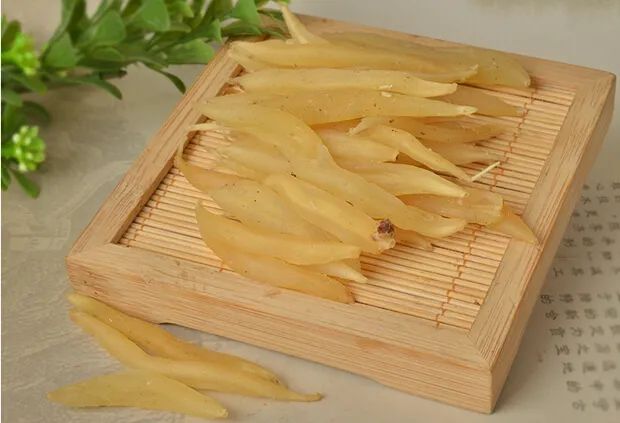

The Huang Di Nei Jing (Yellow Emperor’s Inner Canon) states: “The best doctor treats the unillness,” meaning that the best doctors prevent illness before it occurs. So how can we prevent Yin Deficiency and Fluid Deficiency, Qi Stagnation and Blood Stasis in our daily lives?
The principles mainly include four points:
First, regulate your emotions well.
Second, balance work and rest.
Third, maintain a balanced diet, avoiding raw, cold, and spicy foods.
Fourth, maintain a regular daily routine, trying to rest before 11 PM.
Female friends, we need to pay more attention to changes in our bodies and effectively prevent and treat Yin Deficiency and Fluid Deficiency, Qi Stagnation and Blood Stasis, which are the obstacles to our health, in order to have a healthier and more beautiful body.
—- Article excerpt from: Han Xuejie, “Nourishing Qi and Blood, Regulating the Spleen and Stomach, Preventing Aging for Women 30+”
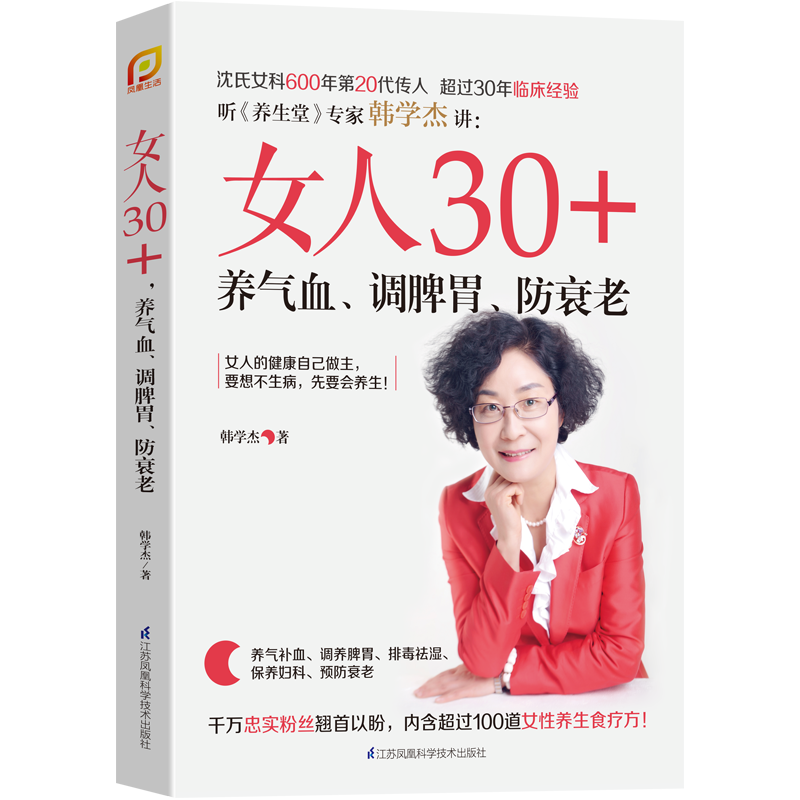
This is a beauty and health book written by a TCM expert for women!
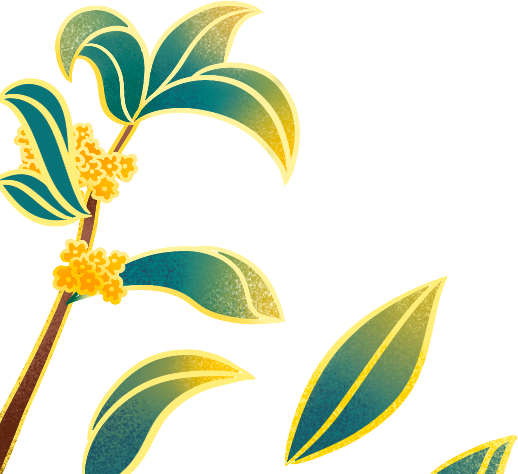
Author Biography
Author Han Xuejie, a special guest of “Health Hall,” the 20th generation inheritor of the Shen family gynecology. Chief physician, researcher, MD, doctoral supervisor. Specially invited expert at Beijing Zhongyan Group Dongcheng TCM Hospital.
